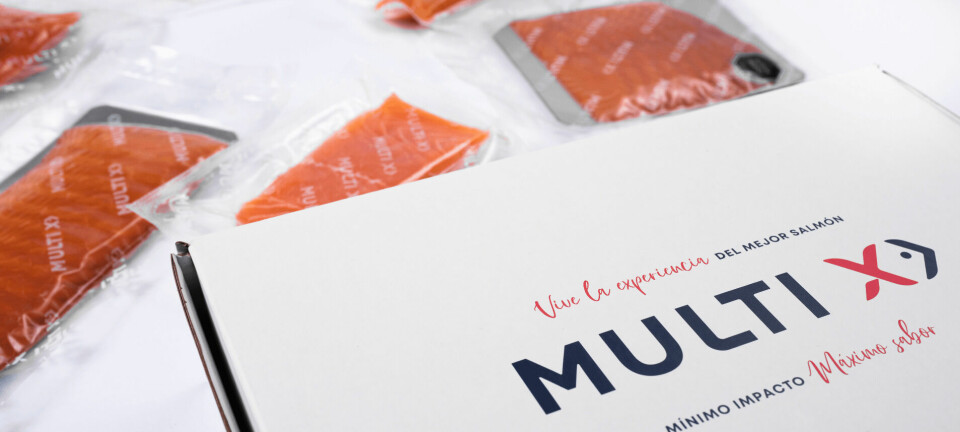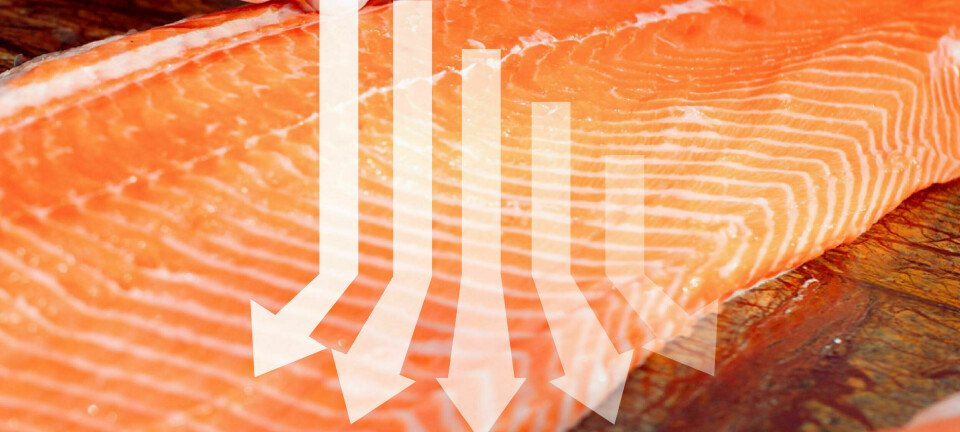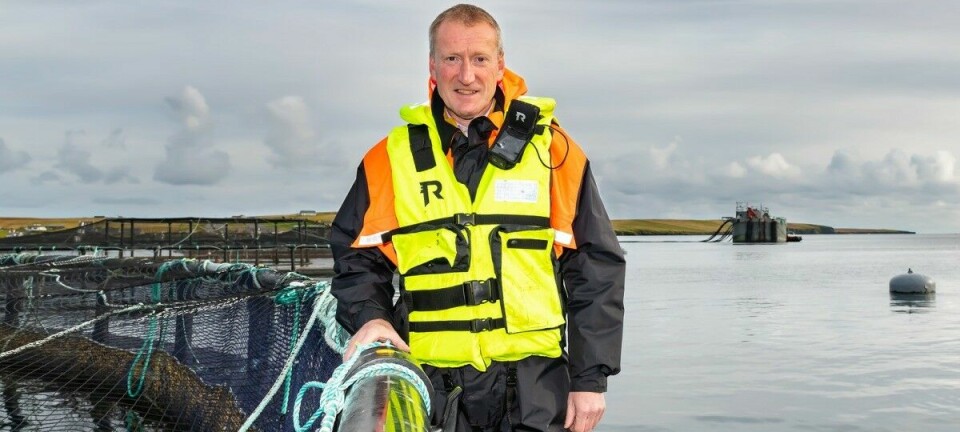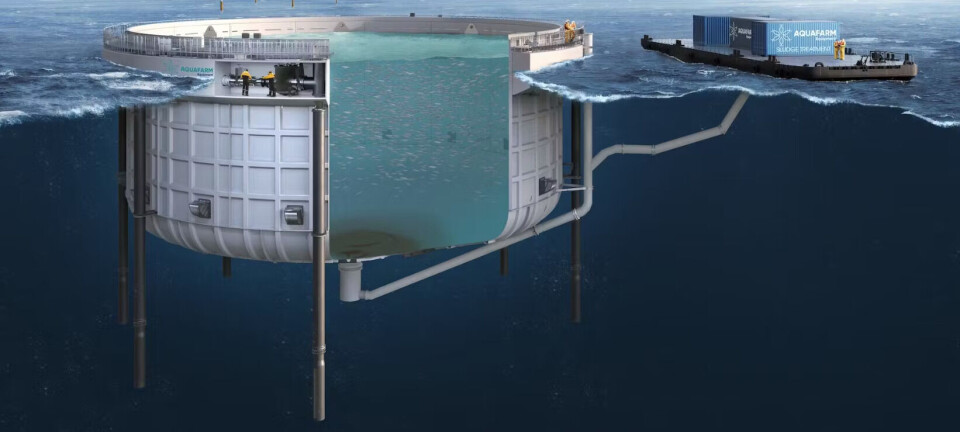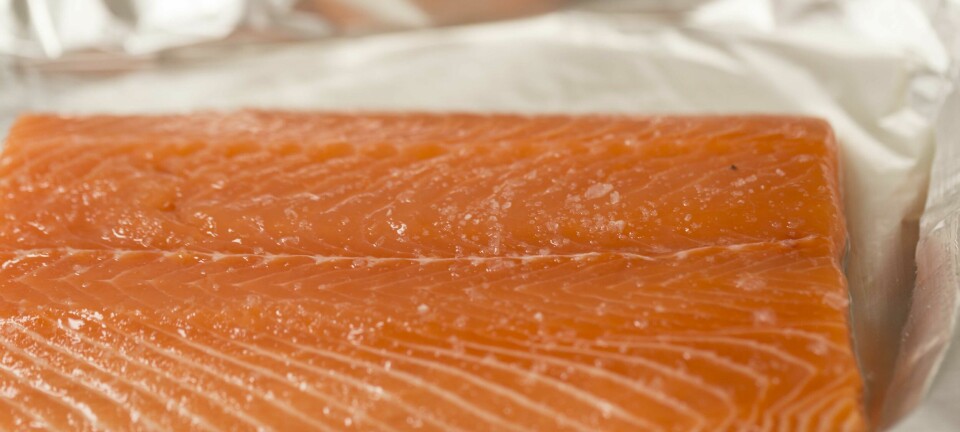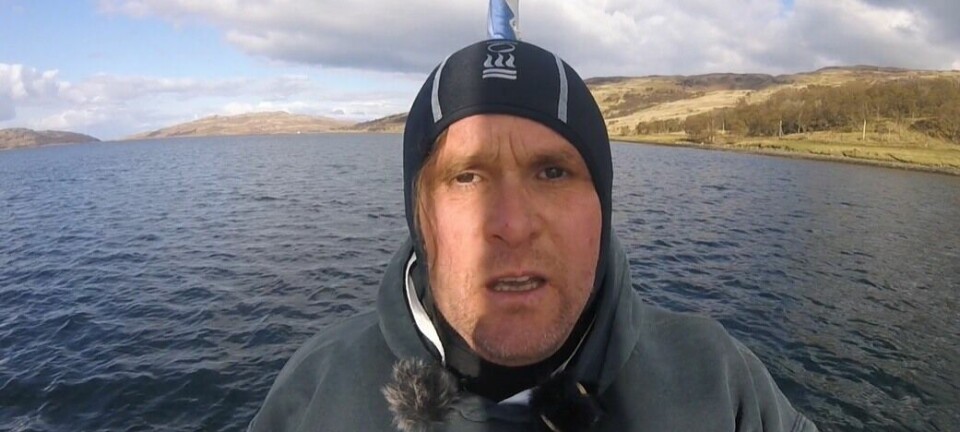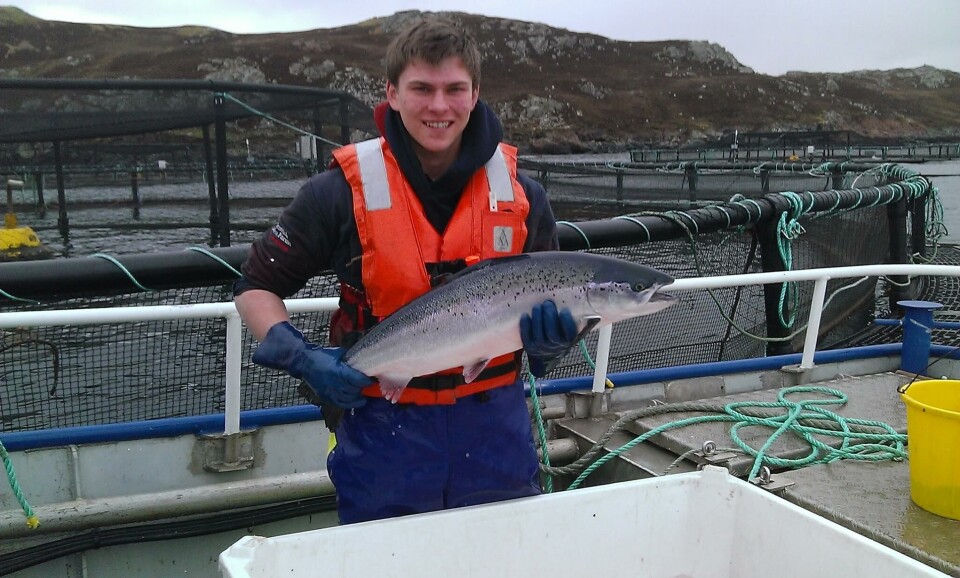
Farms can sustain coastal communities
This statement was made last week by Pamela Parker, the Executive Director of the Atlantic Canada Fish Farmers Association. However, Ms Parker also told the committee that: “We are not tapping this potential”. In a release issued following the meeting, she urged the Canadian government to get behind the expansion of the sustainable aquaculture industry in her home province, by saying:
"Nova Scotia salmon farmers welcomed the opportunity to meet with the Senate Committee on Fisheries and Oceans last week to share the truth about how our industry operates and the high-quality food we produce. Salmon is now more popular than beef; it is one of the healthiest foods a person can eat. At a time when global populations are growing, we are also seeing fresh-water resources diminish and land suitable for food production shrinking. The United Nations tells us that in 10 years, two-thirds of the world’s population will live in areas plagued by fresh-water shortages.
"Why should we care about this? Because we need to become more innovative to feed the world’s growing population. We can’t do that with existing wild capture fisheries and on land alone. We have a moral imperative to learn how to grow more food in the marine environment. Senators had the opportunity to meet Atlantic Canadian salmon farmers, to tour our farms, hatcheries and processing plants and to hear from the professionals who work in our industry. We showed them that pristine seawater isn’t just important for lobsters; it’s essential for the production of healthy, high-quality salmon. Salmon farm sites are carefully chosen and maintained to provide the best conditions for fish well-being and to ensure environmental sustainability. Salmon farmers follow strict codes of practice regarding fish health, waste management, escape mitigation, monitoring environmental performance, and are reducing reliance on forage fish used in feed. All farming companies are involved in third-party certification.
"Consumers want their food grown in the most natural way possible, so our farmers replicate the natural freshwater and marine life cycle of salmon as closely as possible. Salmon occupy less than four per cent of the space within a marine net pen to allow the fish to mimic natural schooling behaviour. Fish enter the marine farm certified disease- and parasite-free. Few fish get sick; less than three per cent of salmon feed contains an antibiotic. Far less medicine is used for fish than any other animal protein. Nova Scotia’s salmon farming industry has tremendous potential to bring jobs and prosperity to its coastal communities, to keep our young people at home and to produce healthy food. However, we are not tapping this potential.
"This province can’t let development be undermined by negative rhetoric, falsehoods or speculation of potential or possible impacts. Over 30 years of salmon farming and scientific research simply do not support these speculations. Nor do recorded commercial fishery landings. Nor do the trends in wild salmon returns. Growing production in Nova Scotia will lead to increased investment in infrastructure, such as fish processing plants and hatcheries along with an expanded service and supply sector — and the jobs that come with that.
"We also let the senators know that Canada needs a national Aquaculture Act and a modern and coherent regulatory framework that protects the public interest, is evidence-based, efficient, predictable and accountable. The fact is, salmon farming is a natural fit for Atlantic Canada and its coastal communities and one of the few bright spots of hope in our region’s challenging future. It’s time to embrace it, not shun it."








